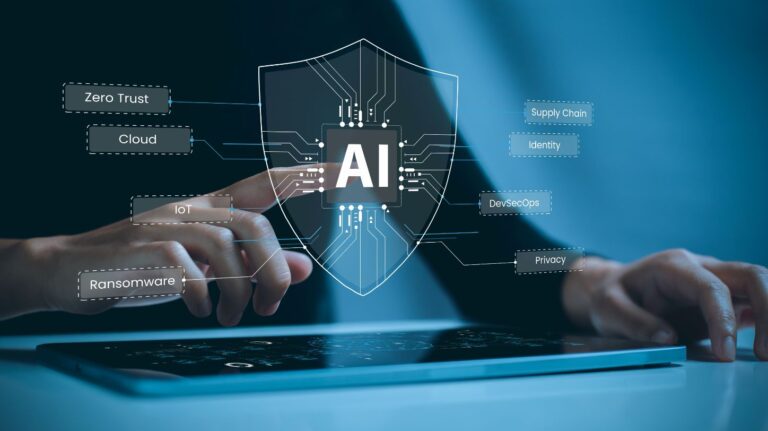The US secretary of commerce Gina Raimondo has announced a comprehensive strategic vision for the US Artificial Intelligence Safety Institute (AISI), outlining the Department of Commerce’s approach to AI safety under president Biden’s leadership.
This vision, launched by the National Institute of Standards and Technology (NIST) within the Department of Commerce, builds on NIST’s work in AI, aiming to address the critical challenges posed by the rapid advancements in AI technology.
In her address, secretary Raimondo emphasised the dual nature of AI advancements, highlighting their potential to revolutionise society while also cautioning against the inherent risks if AI is not developed responsibly.
“Recent advances in AI carry exciting, lifechanging potential for our society, but only if we do the hard work to mitigate the very real dangers of AI that exist if it is not developed and deployed responsibly,” Raimondo stated.
She underscored the importance of AISI’s role in engaging with civil society, academia, industry and the public sector to ensure the safe and beneficial development of AI technologies.
A key component of Raimondo’s announcement is the plan to foster global cooperation through a network of international AI safety institutes. This initiative aims to bring together AI safety experts and government-backed scientific offices worldwide to collaborate on establishing and maintaining safety standards in AI development. The US AI Safety Institute, already collaborating with counterparts in the UK, Japan, Canada, and Singapore, as well as the European AI Office, will reportedly further strengthen these ties and expand its network.
The newly released strategic vision outlines AISI’s core principles and strategic goals. Central to this vision is the belief that beneficial AI depends on rigorous safety measures and that AI safety is fundamentally a scientific challenge. The vision sets forth three primary goals: advancing the science of AI safety, promoting best practices of AI safety and supporting the implementation around AI safety.
In addition to the strategic vision, Raimondo announced that AISI will host a convening of international AI safety institutes and other stakeholders later this year in San Francisco, where AISI has recently established a presence. This event reportedly aims to solidify international cooperation and foster a collaborative approach to AI safety research and governance.
“The strategic vision we released today makes clear how we intend to work to achieve our objectives and highlights the importance of cooperation with our allies through a global scientific network on AI safety,” Raimondo said. “Safety fosters innovation, so it is paramount that we get this right and that we do so in concert with our partners around the world to ensure the rules of the road on AI are written by societies that uphold human rights, safety, and trust.”







